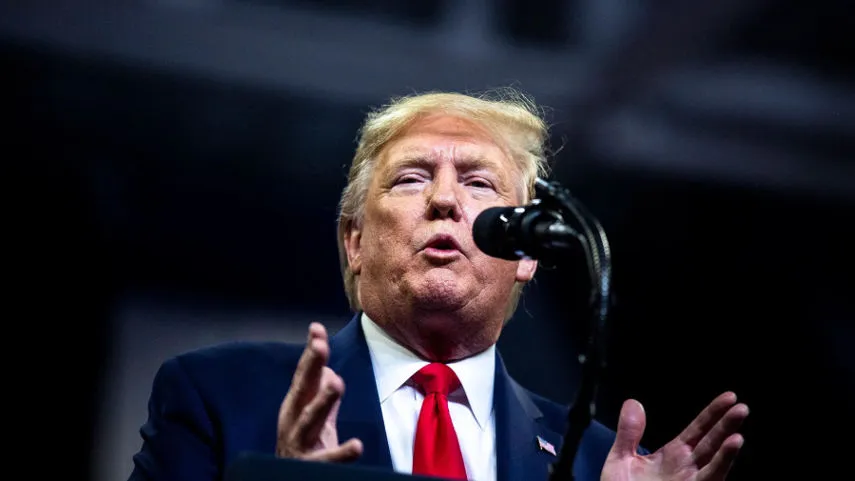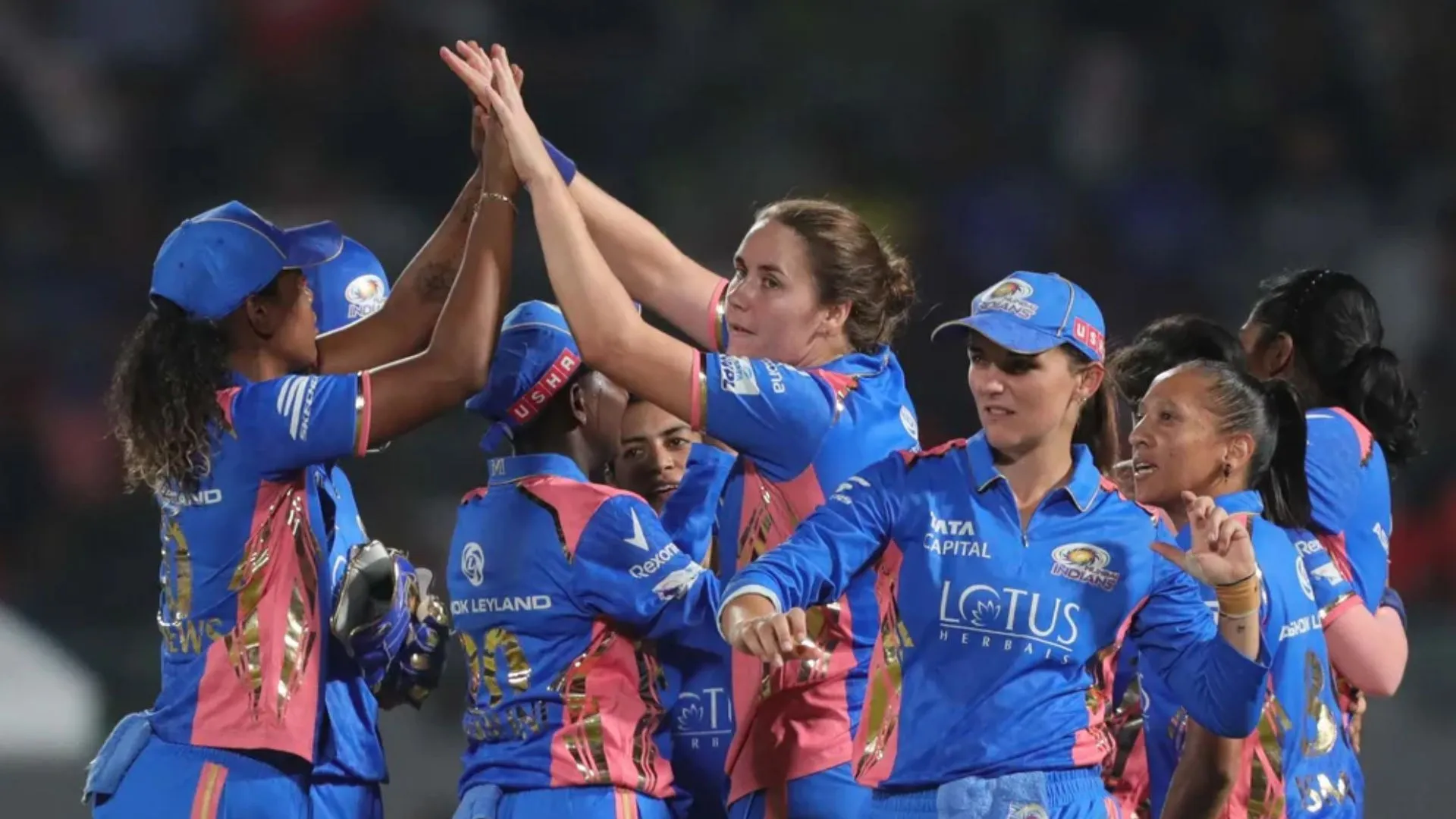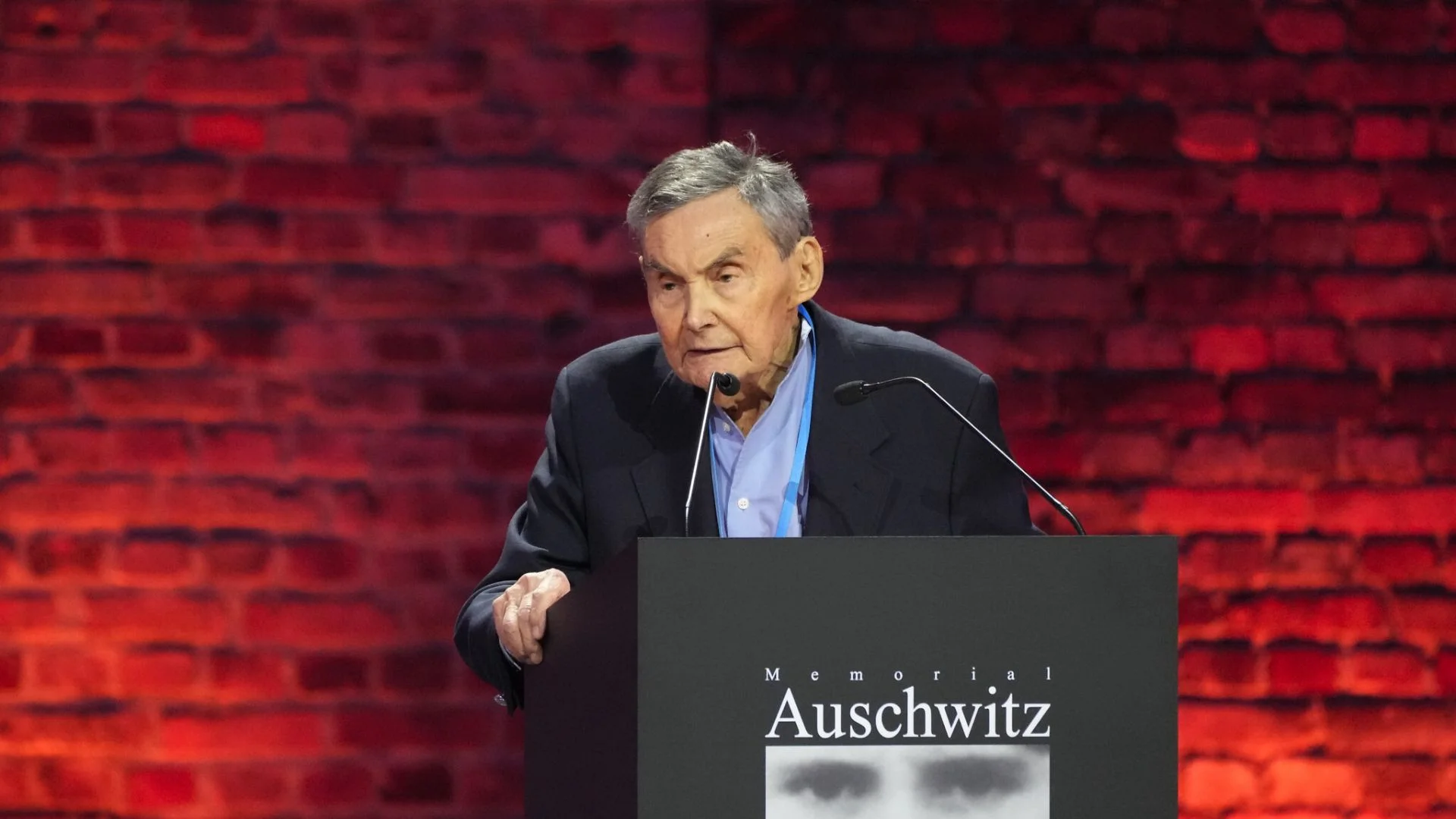The Pink City is set to celebrate its third consecutive year of improved air quality during Diwali, marking a significant milestone in its journey towards cleaner and purer air quality.
Recent data from the Jaipur Air Quality Index (AQI) reveals a consistent improvement in air quality over the past three years during the festival of lights. In 2021, Diwali day recorded an AQI of 306, followed by 354 the next day. The following year saw a notable improvement, with AQI levels dropping to 161 on Diwali and 253 the day after. Last year, in 2023, the city witnessed a remarkable improvement with the AQI plummeting to just 92 on Diwali day.
According to AQI parameters, an AQI between 0-50 is considered good, 51-100 moderate, 201-300 unhealthy, 301-400 severe, and 401-500 hazardous.
Jaipur has progressed from the “severe” category to “moderate” in the last three years.
This improvement has also impacted Jaipur’s ranking among Rajasthan’s most polluted cities. Once at the top of the list, the capital has made significant improvements and worked upon making the air quality better. Jaipur has now dropped to the sixth position, while cities like Kota, Bhiwandi, Jhunjhunu, and Alwar occupy the top five spots.
Dr. Jayshree Kala, Superintendent of the Air Quality Management Cell, attributes this success to the multiple approaches adopted. She states that “many departments have been given responsibilities to address air quality issues in Jaipur; our studies show that road dust contributes to over 70% of air pollution. Significant work has been done and is ongoing to tackle this issue,” she said. Dr. Kala highlighted that Jaipur’s inclusion in the National Clean Air Programme (NCAP) has been crucial. “The Central Pollution Control Board and Ministry of Environment and Forests have given all stakeholder departments specific rules and responsibilities. Their diligent efforts in fulfilling these responsibilities are the main reason for Jaipur’s remarkable improvement,” she added.
Ahead of this year’s Diwali celebrations, Dr. Kala affirmed that, “We expect to see even less pollution this Diwali. We’ve issued guidelines for using green crackers and informed all collectors about the protocols. We’re also running awareness campaigns in newspapers and conducting various activities to promote a safe, pollution free Diwali in the National Capital Region.”
She further added, “The city has also implemented an early warning air quality system, similar to Delhi’s SAMEER app. This system aims to notify residents about upcoming air pollution episodes and provide a daily breakdown of the main contributors to particulate matter pollution for the next five days.”
Offering advice to citizens, Dr. Kala suggested several ways individuals can contribute to improving air quality. These include properly tuning vehicle engines, maintaining tire pressure, updating vehicle certificates, shutting down engines at red lights, adopting hybrid vehicles, and avoiding open garbage disposal.

















